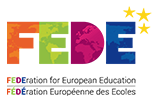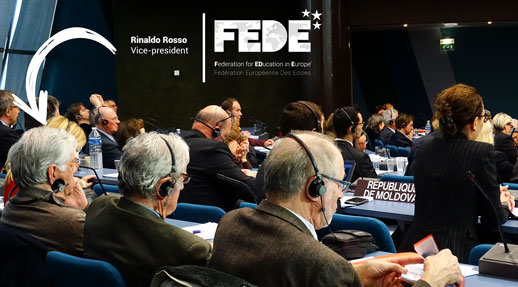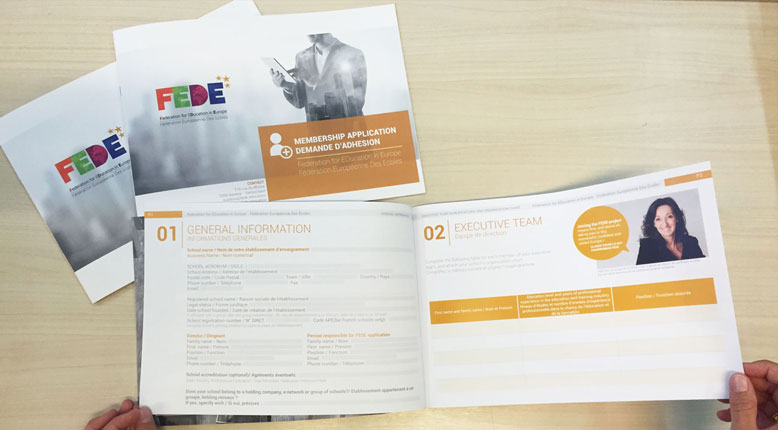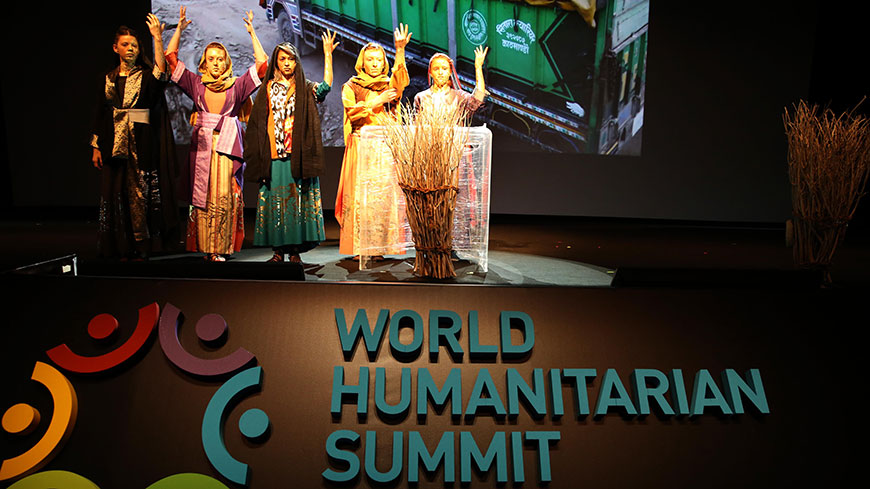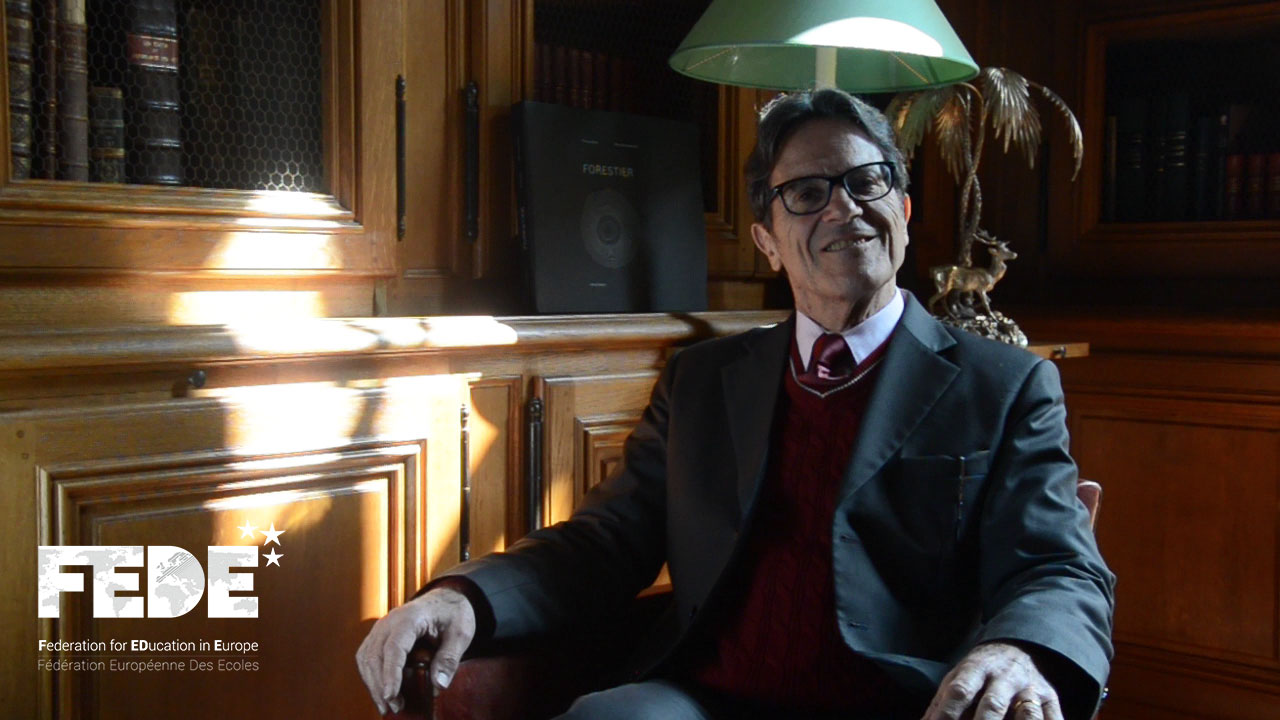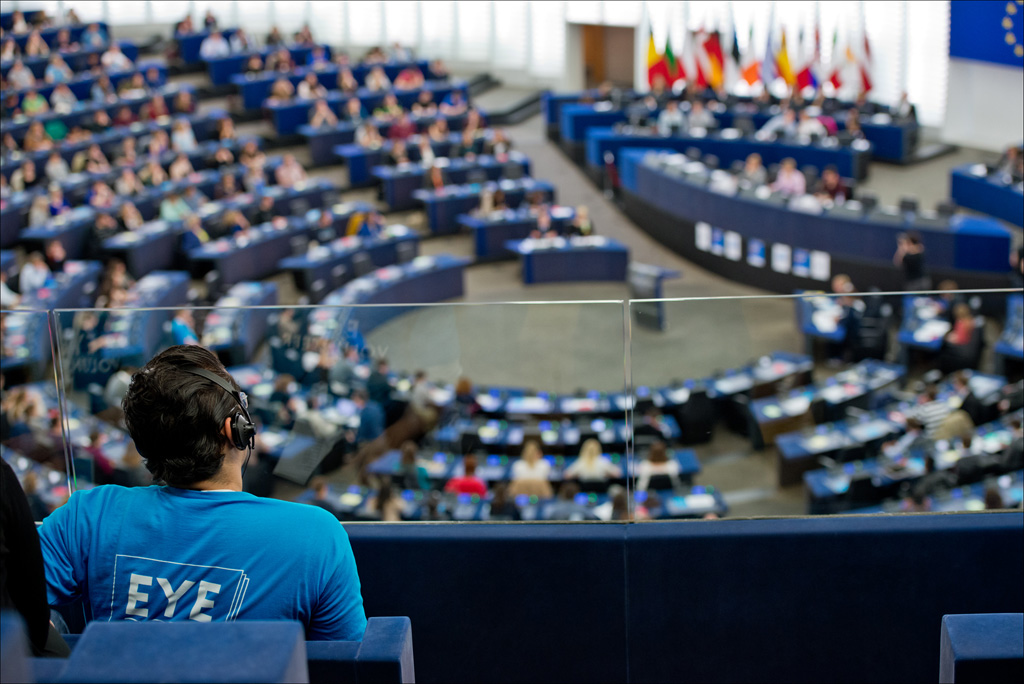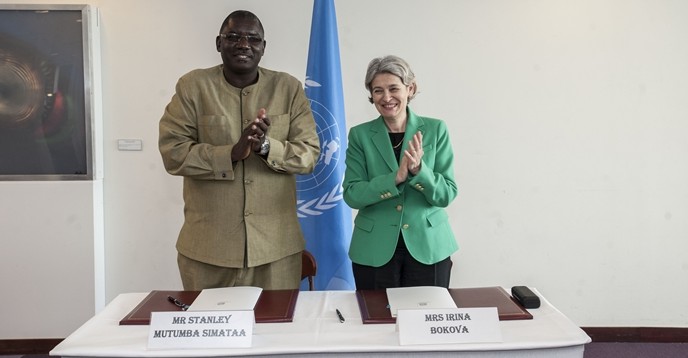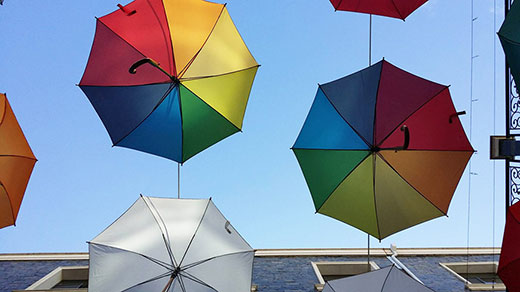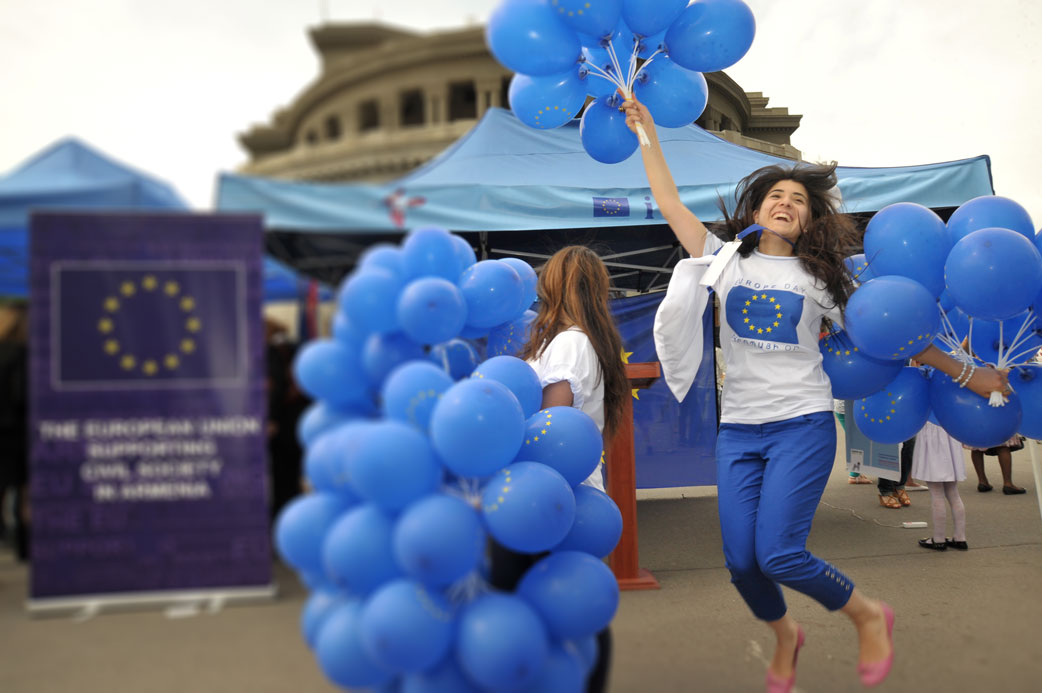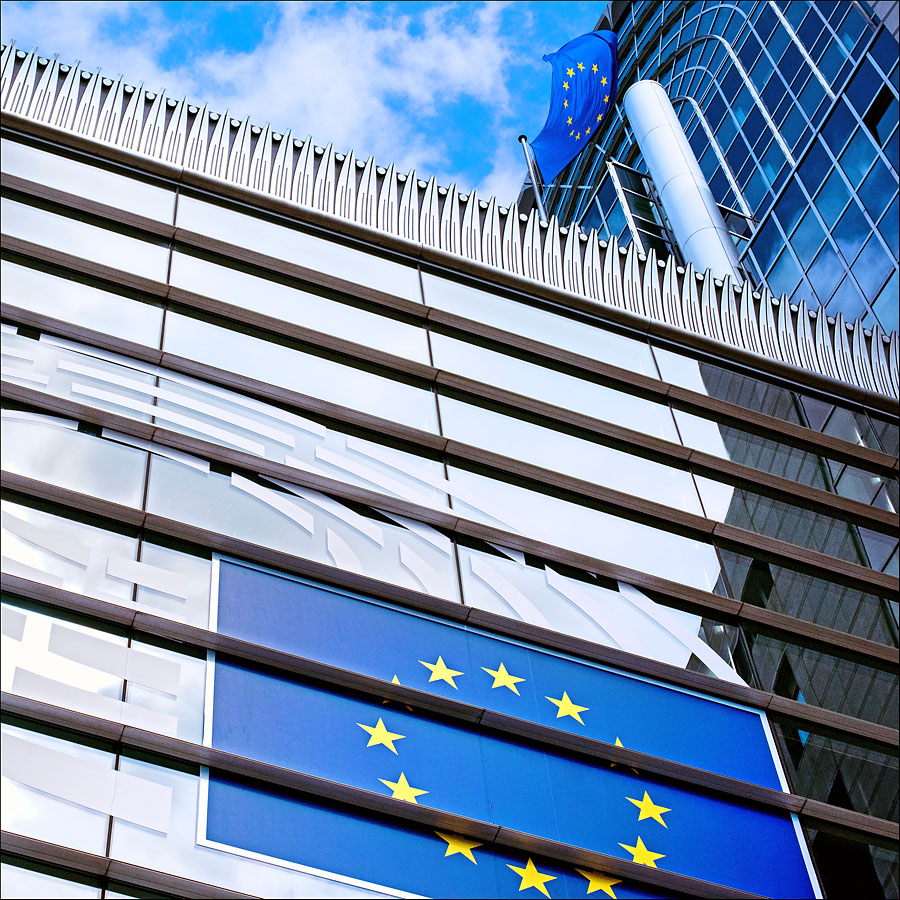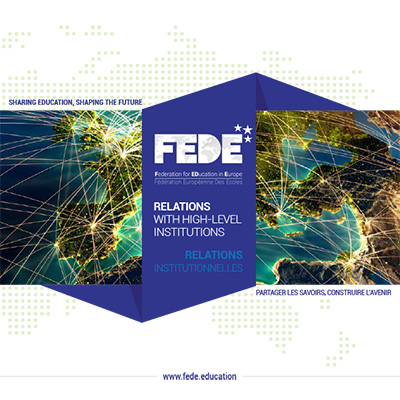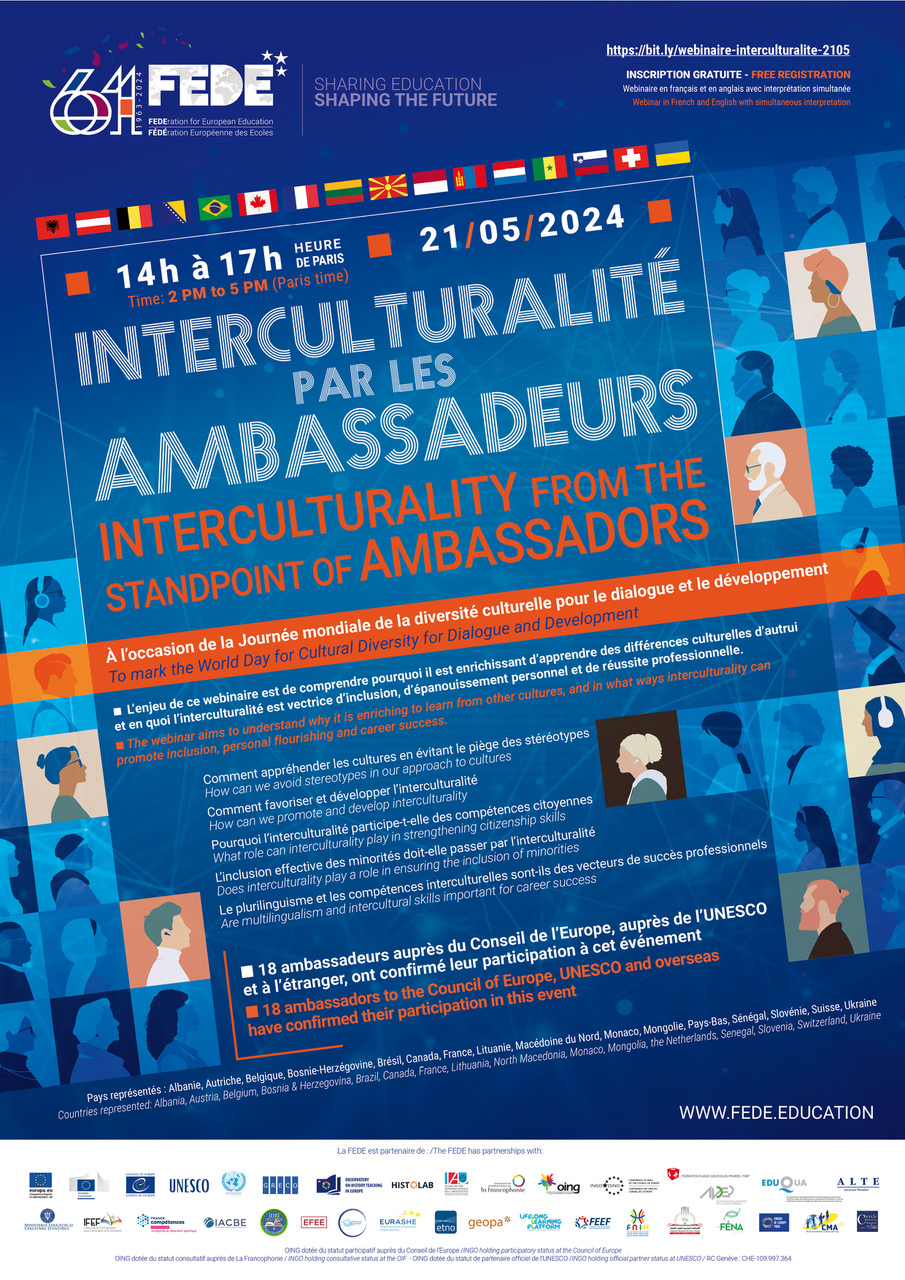Definition : Participatory status of INGOs
Independent non-governmental organisations as FEDE are a vital component of European society, guaranteeing freedom of expression and association both of which are fundamental to democracy. Recognising their influence, the Council of Europe provides international NGOs (INGOs) with the opportunity to acquire participatory status. Participatory status is granted to INGOs which are particularly representative in the field(s) of their competence at European level, and which through their work are capable of supporting the achievement of closer unity as stated in Article 1 of the Statute of the Council of Europe, by contributing to its activities and by publicising its work among European citizens. At present some 320 INGOs hold the status. Co-operation with INGOs holding participatory status takes many forms, from simple consultation to full-scale co-operation on specific projects. INGO experts [lire plus]
